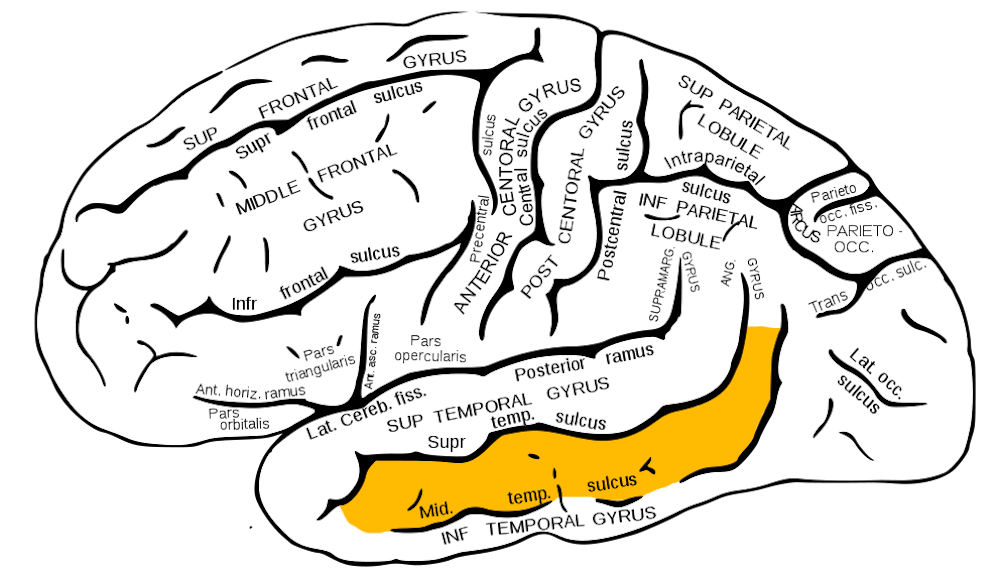Do you hear what I see? How blindness changes how you process the sound of movement
"For sighted people, crossing a busy street based on hearing alone is an impossible task, because their brains are used to relying on vision to understand where things are. As anyone who has tried to find a beeping cellphone that’s fallen behind the sofa knows, sighted people have a very limited ability to pinpoint the location or movement of objects based on auditory information.
Yet people who become blind are able to make sense of the moving world using only sound. How do people hear motion, and how is this changed by being blind?"
For more details:
Do you hear what I see? How blindness changes how you process the sound of movement
And a related MOOC:
"This course is about how the brain creates our sense of spatial location from a variety of sensory and motor sources, and how this spatial sense in turn shapes our cognitive abilities.
Knowing where things are is effortless. But “under the hood,” your brain must figure out even the simplest of details about the world around you and your position in it. Recognizing your mother, finding your phone, going to the grocery store, playing the banjo – these require careful sleuthing and coordination across different sensory and motor domains. This course traces the brain’s detective work to create this sense of space and argues that the brain’s spatial focus permeates our cognitive abilities, affecting the way we think and remember. The material in this course is based on a book I've written for a general audience. The book is called "Making Space: How the Brain Knows Where Things Are""


Comments
Post a Comment